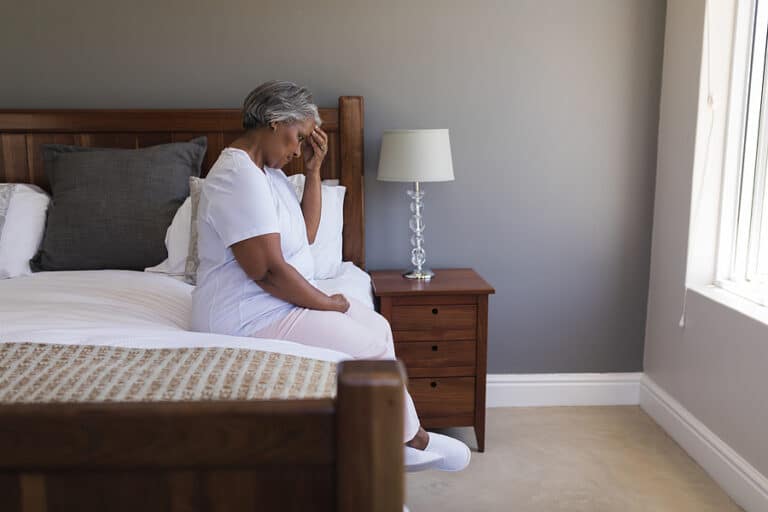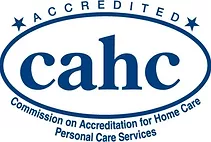There are many types of care available for seniors, and you may be overwhelmed trying to figure out what the best type of care for your senior parent is. If they are living alone, you should consider companion care at home for them. A caregiver that is also a companion will help your senior parent with things like preparing meals or light housework, but their focus is on making sure your senior parent is getting the social engagement they need to be healthy.
Loneliness and isolation can hurt seniors who live alone. Being lonely can increase the risk that your parent will develop heart disease, high blood pressure, and other illnesses. That’s why companion care at home is so important for seniors who are living alone but have a hard time going out socially.
If you notice any of these signs, your senior parent should have companion care at home to prevent them from becoming more isolated while aging in place:
They Don’t Seem Interested in Things Anymore
If your parent used to enjoy certain activities like reading, gardening, or watching their favorite shows, but now they don’t seem to care about them, it could be a sign of loneliness. When people feel alone, they often lose interest in things that once made them happy. They may stop doing hobbies, avoid calling friends, or just sit quietly without doing much at all.
They Don’t Talk to Friends or Family Very Often
If your parent rarely gets phone calls, visitors, or messages, that’s a red flag. Seniors who are socially isolated may go days or even weeks without having a real conversation with anyone. If you notice they don’t talk about friends, neighbors, or family, or they say things like “nobody checks in on me,” it may mean they feel forgotten or cut off.
Their Mood Has Changed
Loneliness can make people feel sad, angry, or even hopeless. If your parent seems more down than usual, gets upset easily, or complains often, it could be because they are feeling alone. They might also seem anxious or worried more than they used to. These mood changes may not seem like a big deal at first, but over time they can get worse and affect their overall health.
They Don’t Take Care of Themselves Like They Used To
When someone feels lonely, they may stop caring about how they look or how clean their home is. If your parent isn’t brushing their hair, wearing clean clothes, or keeping the house tidy, it could be a sign they’re struggling. They may also stop cooking meals and eat less, which can hurt their health. A lack of care about basic things may show they don’t see the point of trying when no one is around.
They Talk About Feeling Lonely or Left Out
Sometimes, seniors will say things directly that show they’re feeling alone. They might say, “I don’t see anyone anymore,” “I feel forgotten,” or “I wish I had someone to talk to.” These are clear signs that your parent needs more connection and attention. Even if they don’t say it out loud, watch how they talk about their days—do they mention people, conversations, or visits, or is it mostly silence and being alone?
If you or an aging loved one are considering companion care at home in Hillside, NJ, please contact the caring staff at Adult Alternative Home Care today. (888) 664-1769
- Does Your Senior Parent Need Companion Care at Home? - May 23, 2025
- Caregiver Burnout: How to Reduce Stress and Feel Empowered - May 12, 2025
- Understanding the Importance of Alzheimer’s Home Care - May 8, 2025


